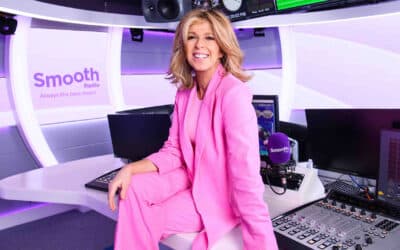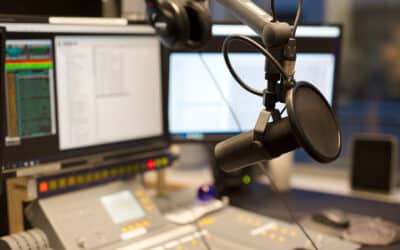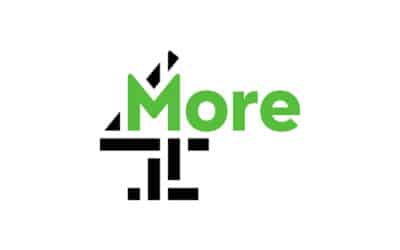Commercial radio has continued to make gains over the BBC, according to the latest RAJARs.
Year-on-year, commercial stations have added a million listeners, taking the total to 39.1m. That compares to BBC Radio’s 31.3m – down almost 2m over the same period.
BBC Local Radio has also seen a drop in listeners, from 7.78m over this period last year, to 6.99m.
| Weekly Reach | Weekly Reach | Total Hours | |
| Listeners ‘000s | % | ‘000 | |
| All Radio | 49473 | 88% | 1013105 |
| All BBC Radio | 31286 | 56% | 437747 |
| BBC Local Radio | 6986 | 12% | 49413 |
| All Commercial Radio | 39130 | 69% | 555160 |
The quarterly RAJAR survey examines radio listening amongst adults (15+).
In total 88% of the population listen to radio every week. That’s a figure that’s remained pretty much the same for the last couple of years and is around 49.5m adults.
What is changing is how we access our favourite stations.
43m are now tuning in via digitally-enabled platforms – DAB, DTV, Online/App or a Smart speaker. That’s around 76% of the population.
Listening via DAB has a 43% share, online 26%, DTV is 4% and with 28%, AM/FM still has a large amount of listeners.
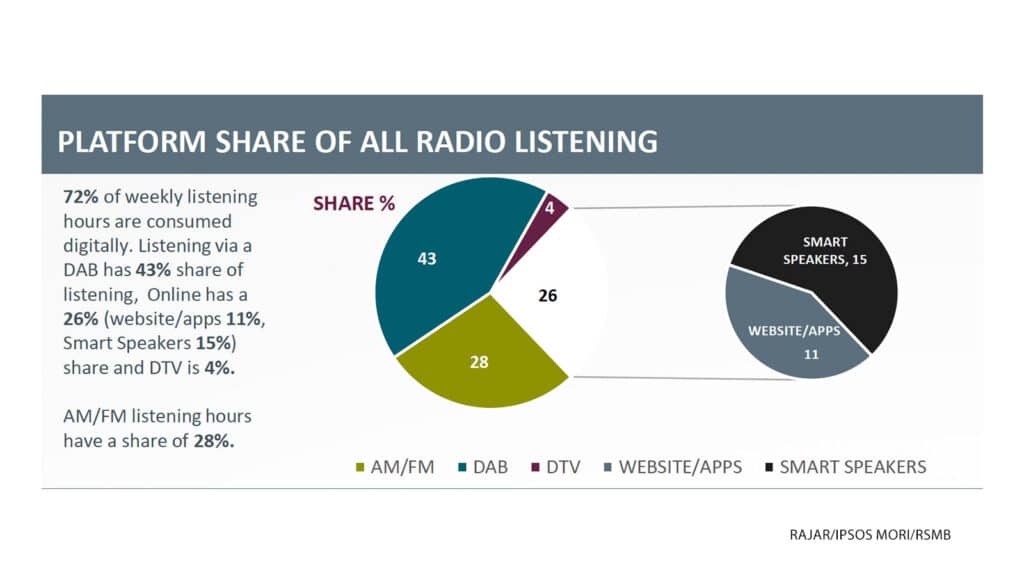
The majority of people listen to radio at home (61%), followed by car/van/lorry (25%) and work/elsewhere 14%.
These figures are key to advertisers and marketers to find out how and when to reach their audiences.
Commercial Reaction
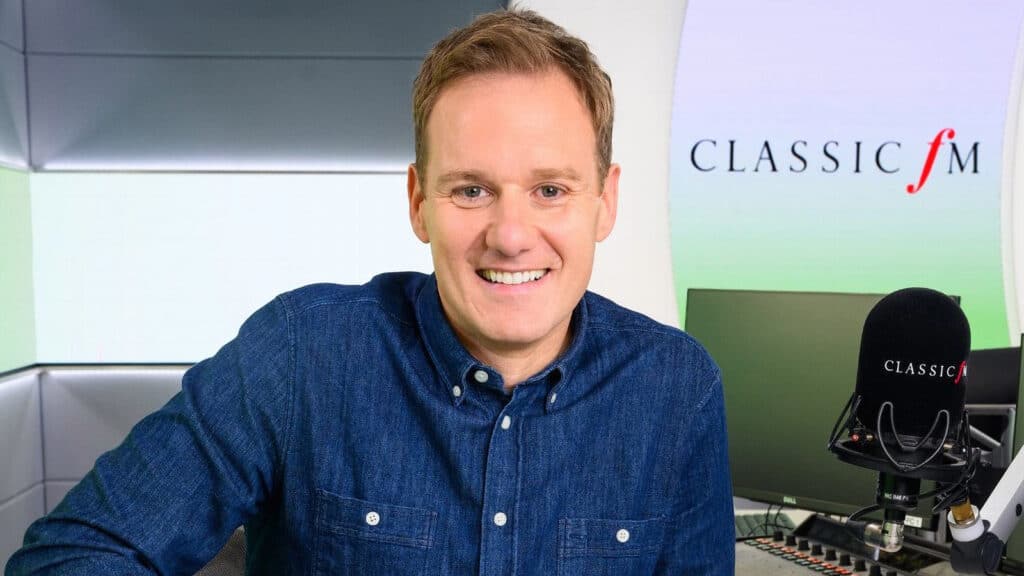
Global, the operator of Heart, Capital, Smooth, Radio X and Classic FM recorded 26.2m listeners tuning in each week, over the period. Its share was also up to 25.5%.
The figures show that Heart is the biggest commercial radio brand, with 11.5m weekly listeners. It was ahead of Radio 1 by more than 4m. Its breakfast show, with Jamie Theakston and Amanda Holden is the biggest commercial radio and breakfast show in the UK with 3.8m weekly listeners.
Capital reached 7.9m weekly listeners, adding almost 250k listeners year-on-year.
The Smooth Radio brand achieved 6.2m, with its weekly audience rising 337k from the same period last year.
“It’s been another fantastic set of audience numbers for Global, for which we’re always incredibly grateful,” said Ashley Tabor-King CBE, Founder & Executive President of Global.
“As Capital and LBC turn 50, and Heart turns 30, to see record numbers and sustained growth, shows the importance of well made and consistent radio, in the lives of the UK population. We’re extremely thankful to our listeners and to the exceptionally talented teams who are at the heart of these results. Their laser focus is on being the very best they can be for our listeners, every moment of every day, making everyone’s day brighter. Leading the market is a huge responsibility that we take very seriously and shows how our strategy and unique culture combines to deliver exceptional results.”
James Rea, Chief Broadcasting & Content Officer at Global added:
“Congratulations to the team on delivering another great set of results. I am in awe of the teams at Global who, alongside delivering incredible audio every day, are creating a slate of chart-topping podcasts, producing live events, reaching millions of fans on social and making TV shows. Radio is an extremely exciting medium to be working in and I’m excited to see our supercharged strategy take shape this year.”
Bauer
Over at Bauer, which owns brands including Greatest Hits Radio, Absolute Radio and Magic, it also saw an increase in audience, with a 23.3m total weekly reach – up 7.8% year on year.
Greatest Hits Radio gained 2.8m listeners in a year, reaching 6.8m weekly listeners – up 69.8%. Ken Bruce has a record audience of 3.8m a week, while Simon Mayo has the UK’s No.1 commercial Drivetime show with 2.5m listeners (+71% YoY).
The Hits Radio Network reached 6.3m a week and its Absolute Radio Network had 5.3m weekly listeners (+1.3% YoY).
The KISS Network reached 4.2m, within which KISSTORY continues its reign as the UK’s biggest commercial digital station with 2.4m weekly listeners (+4.5% YoY).
There was also an increase in listeners at the Magic Radio Network which was up 10% to 4.2m.
81% of listeners to Bauer stations tuned in via digital devices.
“We are attracting more listeners, who are listening for longer thanks to our high-quality content and investment in presenter line-up. I’m really proud of our teams that have contributed to this sustained growth throughout the last 12 months. Already home to the UK’s most listened to commercial station and with a focus on future growth, who better to partner with than Bauer?” said Simon Myciunka, CEO for Bauer Media Audio UK.
Ben Cooper, Chief Content & Music Officer, Bauer Media Audio UK added:
’Congratulations to Magic Radio which celebrates its new line up of presenters with a fantastic increase of over half a million new listeners. And a huge well done to Greatest Hits Radio up an amazing 2.8 million listeners in a year with Ken Bruce, Rossie and Simon Mayo getting record increases, helping the station achieve its own record audience of 6.8 million.”
BBC

While BBC didn’t have the best RAJARs, the corporation is headlining the growth in BBC Sounds.
During the same surveyed period as the RAJARs, its own data showed a record average weekly audience of 4.86m listened to content on BBC Sounds, with a peak of 4.96m weekly users.
There was a record 231m plays of on-demand radio and podcasts.
“Audiences have been waking up with BBC Radio as they choose to tune in to our brilliant breakfast shows for news, entertainment and company. Radio 2 remains the biggest station, and congratulations to Vernon Kay who as the host of the most popular radio show in the UK, inspired people up and down the country with his triumphant BBC Children in Need Ultra ULTRA Marathon, raising over £6m,” said Charlotte Moore, BBC Chief Content Officer.
“There’s fierce competition for people’s time and with the success of the global streamers and digital listening reaching record levels, we know that audience habits are changing and they expect more choice and control over their content. I’m pleased that BBC Sounds continues to grow as audiences discover on-demand programming from us whenever they want to, and are able to choose from a wide range of high-quality BBC podcasts and music content to suit their moods.”
Looking at a year-on-year comparison, BBC Radio 5 Live had 5.25m weekly listeners, down from 5.57m.
Radio 6 Music had 2.52m, slightly up on the 2.5m over the same period.
We’ll have more reaction as stations continue to dissect the data.


